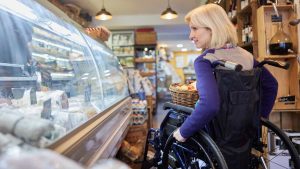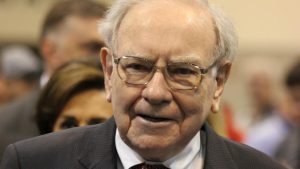Cambridge unveils first SPARK incubator cohort of 24 startups


King’s College, Cambridge has revealed the 24 startups selected for its first-ever incubator programme, SPARK 1.0, an initiative designed to turn research-backed ideas from students and alumni into investable companies.
The new scheme, created by King’s Entrepreneurship Lab (King’s E-Lab) in partnership with Founders at the University of Cambridge, aims to support the next generation of entrepreneurs tackling global challenges ranging from disease prevention to climate resilience and fertility support.
King’s College has long been associated with transformative breakthroughs in science and technology, counting Alan Turing, Geoff Hinton and Fred Sanger among its alumni. Now, SPARK 1.0 aims to continue that legacy by nurturing founders working across software, AI, life sciences, semiconductors and sustainability.
The programme received more than 180 applications, with 24 companies chosen. Of these, 42% are still at the idea stage, 40% already have an early-stage product, and 17% have initial users. Half of the selected companies are led by women.
The ventures include:
• Dielectrix, developing next-generation semiconductor dielectric materials.
• GreenHarvest, using satellite data to predict climate-driven changes to crop yields.
• Dulce Cerebrum, building AI models to detect psychosis from blood tests.
• Neela Biotech, working on carbon-negative jet fuel.
• Egg Advisor, a digital fertility platform for women freezing their eggs.
• Zenithon AI, applying machine learning to advance nuclear fusion.
Other companies span agritech, medtech, e-mobility, AI-powered mental health and novel therapeutics.
The four-week incubator, which begins at the end of August, will provide hands-on mentoring, workshops and access to Cambridge’s network of investors and entrepreneurs. Founders will leave with a validated business model, a clear product pathway, and the chance to pitch for £20,000 in seed funding at Demo Day.
They will also be able to compete for additional angel investment and join a wider Cambridge innovation community.
Kamiar Mohaddes, co-founder and director of King’s E-Lab, said the aim was to encourage more students to see entrepreneurship as a viable path: “Cambridge has been responsible for many world-changing discoveries, but entrepreneurship isn’t the first thought of most people studying here. SPARK is a catalyst to help students turn bold ideas into ventures that contribute meaningfully to the economy.”
Gerard Grech CBE, managing director of Founders at the University of Cambridge, added that the initiative comes at a time when Cambridge is seeking to double its tech and science output in the next decade: “Tech already contributes £159 billion to the UK economy and three million jobs. This grassroots energy is where the next wave of transformative businesses will come from.”
Provost of King’s College, Gillian Tett OBE, said the programme demonstrated the strength of Cambridge’s AI and life sciences ecosystem: “Through SPARK, we can support students, researchers and alumni to make the leap from lab to marketplace. This isn’t just a game-changer for King’s, but for all of Cambridge.”
The incubator is supported by Cambridge Enterprise and made possible by a personal donation from King’s alumnus Malcolm McKenzie, chair of the E-Lab’s senior advisory board.
The programme is free for eligible Cambridge students, postgraduates, post-docs, researchers and alumni who graduated within the past two years.
With its first cohort now underway, SPARK 1.0 marks a significant step in Cambridge’s efforts to ensure its world-class research translates into high-growth startups.
Read more:
Cambridge unveils first SPARK incubator cohort of 24 startups








